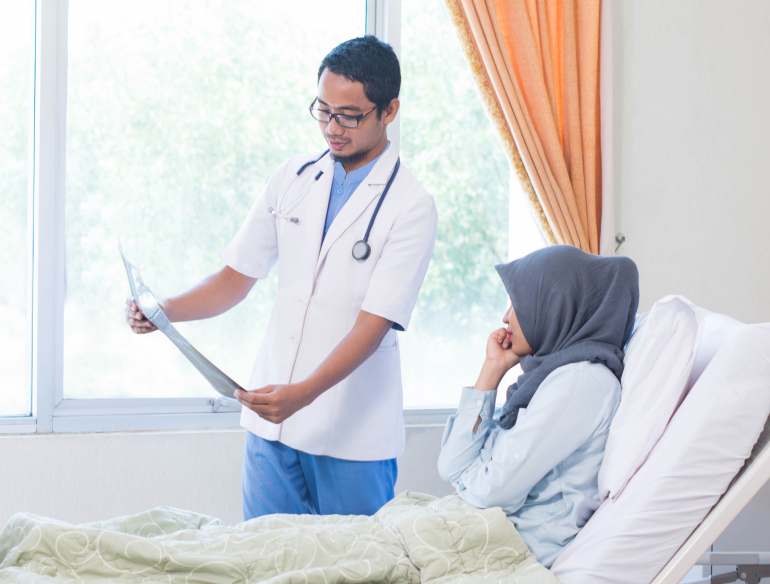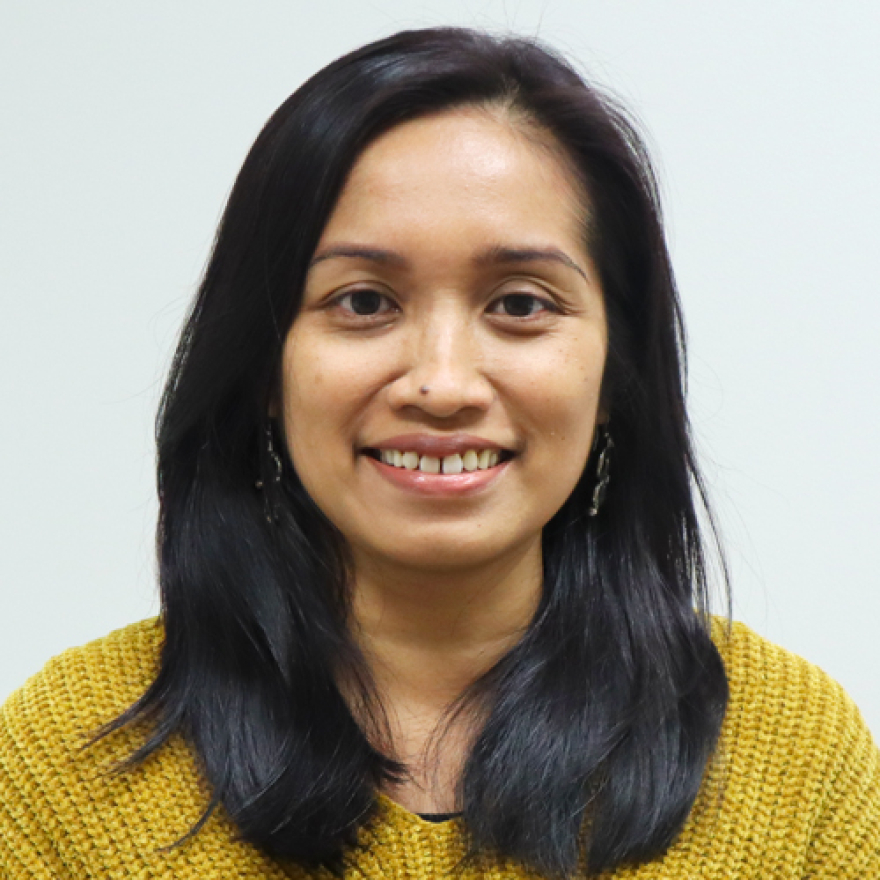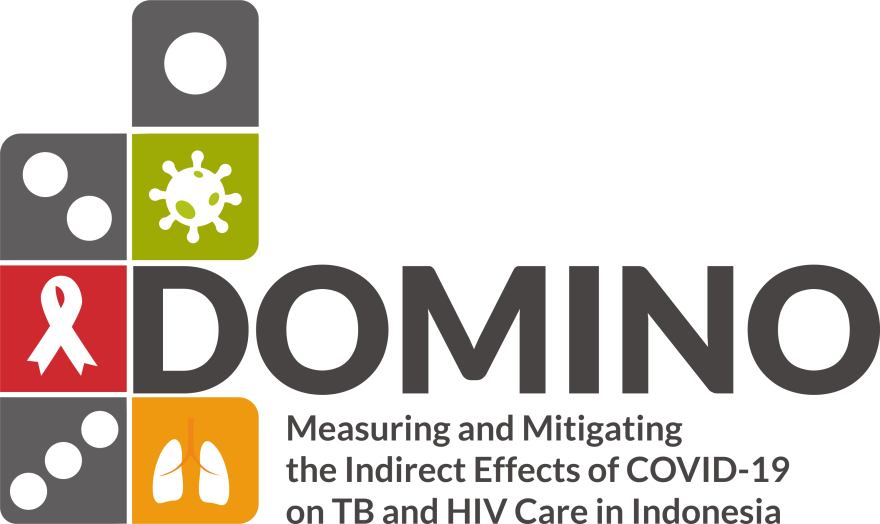The global health community has made urgent calls for countries to find solutions to minimising the impact of COVID-19 on programs targeting long-standing health problems such as tuberculosis (TB) and HIV. In recent years Indonesia has strengthened its commitment to controlling these two important diseases. However, the diversion of health resources to the pandemic along with social distancing policies is creating new vulnerabilities and exacerbating existing ones for TB and HIV programs and affected populations.
Our team is partnering with local researchers, the Indonesian government, and community organisations to conduct an observational cohort study across all TB and HIV facilities in the major cities of Bandung and Yogyakarta to assess the indirect effects of COVID-19 on TB and HIV care in Indonesia, focusing particularly on clinical outcomes before and during the pandemic.
Indonesia, with the highest number of COVID-19 cases in Southeast Asia, also has the second highest TB burden in the world and an increasing number of new HIV infections. Despite efforts to address gaps in TB and HIV care, the diversion of resources to COVID-19 and social distancing policies are leading to reduced access to care. Pandemic control efforts threaten TB and HIV care by: disrupting medicine/diagnostic supplies; diverting scarce staff away from testing, counselling, outreach services; and budget re-allocations to COVID-19 activities. Other disruptors include raised community fear, poverty and, for people at risk of TB or HIV, stigma. The Ministry of Health (MoH) lacks rigorous data on the nature and magnitude of disruptions, without which it risks losing valuable ground it has made against TB and HIV. We will conduct a detailed assessment of the impact of the pandemic on continuums of care for TB and HIV with a focus on those at highest risk. Our findings will inform evidence-based mitigation strategies.
The DOMINO study builds on strong, existing collaborative research relationships to rapidly assess the impact of the COVID-19 outbreak (and policy responses to it) on the delivery of and access to TB and HIV care in Indonesia. Using an observational cohort design, we will measure linkage to care, retention in care, and treatment outcomes along TB and HIV cascades of care. Qualitative methods will be used to explore the experiences of TB and HIV patients and their health care providers during the pandemic, including changes to treatment seeking and actions to minimise disruptions. Out-of-pocket health spending by TB and HIV patients and their families during the pandemic will be measured using structured diaries. Wider health system impacts of COVID-19 on stocks of medicines/tests and health facility funding levels will be assessed using facility records and interviews with health authorities and facility staff.
Data collection is currently underway.
Our findings will generate recommendations on how to minimise disruptions to HIV and TB services in the face of the COVIV-19 pandemic and future public health crises. This includes the design of strategies to safeguard the continuity of care for TB and HIV patients in the near and medium term, thereby ensuring Indonesia does not lose ground on the major advances it has made towards the control of these diseases.
London School of Hygiene and Tropical Medicine; Universitas Gadjah Mada; Universitas Sebelas Maret.
UK NIHR and Medical Research Council (MRC) Global Effort on COVID-19 (GECO) Health Research shared grant.




